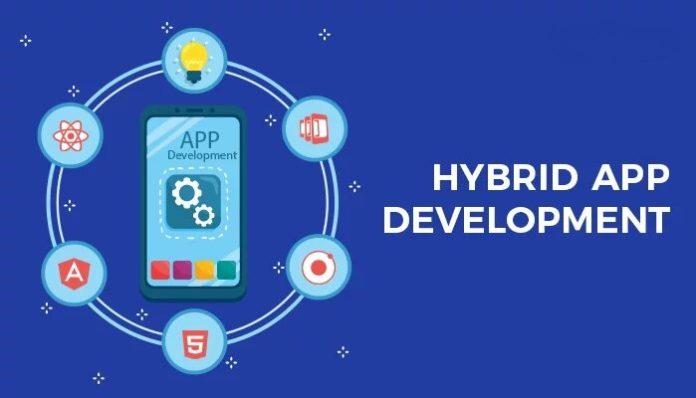Hybrid mobile app development has gained immense popularity due to its ability to create apps that work seamlessly across multiple platforms. However, like any other technology, it comes with its own set of challenges. In this blog post, we will explore some common issues faced by clients in hybrid mobile app development and provide insights on how to address them effectively.
Performance Optimization
One of the key concerns clients face with hybrid apps is performance. While hybrid frameworks like React Native and Flutter offer great performance, suboptimal code or improper implementation can lead to sluggishness. To mitigate this challenge, it is crucial to follow best practices, optimize code, and leverage platform-specific features whenever possible. Conducting thorough testing across various devices and network conditions will help identify and address performance bottlenecks early on.
User Experience Consistency
Maintaining consistent user experience across different platforms is vital for hybrid app success. However, due to differences in native UI elements and platform-specific behaviors, achieving complete consistency can be challenging. To tackle this issue, it is important to strike a balance between using platform-specific UI components and building custom components. Designing with adaptability in mind and conducting usability testing on various devices and operating systems can help deliver a cohesive user experience.
Integration with Native Features
Clients often require seamless integration of native features, such as camera access, push notifications, or geolocation, into their Hybrid Mobile App Development. While hybrid frameworks provide APIs for accessing native functionality, challenges may arise when dealing with complex or niche features. In such cases, it is crucial to thoroughly research the available plugins, libraries, or native module integrations that can bridge the gap between the hybrid and native environments.
Security Concerns
Security is a top priority for any app, and hybrid apps are no exception. Clients may express concerns regarding data encryption, secure communication channels, and protecting sensitive user information. It is essential to follow industry best practices for secure coding, encrypting data at rest and in transit, and implementing user authentication and authorization mechanisms. Regular security audits and vulnerability assessments can help identify and rectify potential vulnerabilities.
Maintenance and Upgrades
Clients often face challenges related to maintenance and future upgrades of their hybrid apps. As platforms and operating systems evolve, app compatibility and updates become crucial to ensure a seamless user experience. To address this, it is essential to stay up to date with the latest hybrid app development trends, frameworks, and libraries. A well-structured codebase, modular architecture, and rigorous documentation can simplify future updates and reduce maintenance efforts.
Conclusion
Hybrid mobile app development offers a powerful solution for clients looking to reach a wider audience across multiple platforms. By understanding and addressing the common challenges faced by clients in hybrid app development, developers can deliver high-performing, consistent, and secure applications. By staying proactive, leveraging best practices, and continuously learning and adapting to evolving technologies, hybrid app developers can create successful solutions that meet their clients’ requirements effectively.
